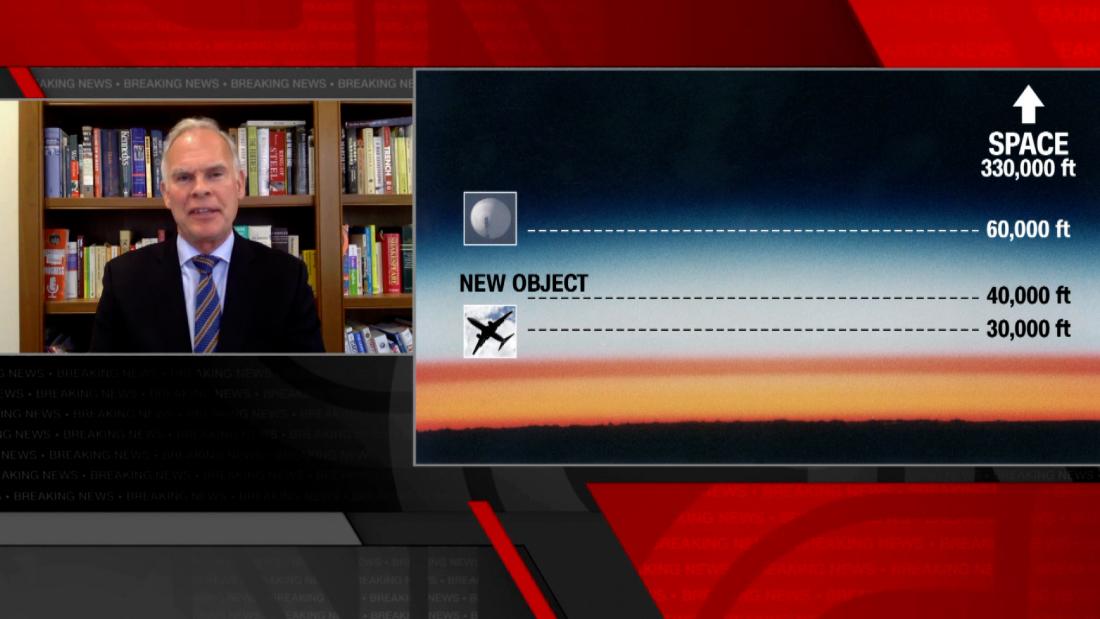How a Failed Police Force Deepened Afghanistan’s Tragedy
The U.S. and its allies spent over $10 billion to modernize the Afghan police service. Why has there been so little to show for those efforts?

The collapse of the Afghanistan government and its security forces, including the police service, has been both sudden and profound.
The people of Afghanistan will now be left to the mercy of the Taliban, with no protection from their excessive interpretation of Islamic law and the cruelty of the punishments they inflict.
It remains to be seen what will happen to the 300,000 coalition-trained Afghan troops and 116,000 Afghan police officers that melted away as the Taliban returned. Already reports and pictures are emerging of the Herat province police chief being captured and murdered by the Taliban.
All of this should bring sharply into focus the huge array of problems, issues and dichotomies that exist in bringing law and order to countries in post-conflict zones, especially as Afghanistan in 20 years of allied intervention was never at peace with insurgent groups.
There has been little structure or form brought to civil policing by the allies who, in effect, sought to apply a light touch to the development of Afghanistan’s institutions. Preference was given to allowing the Afghan government to grow and develop these in their own way.
The failure to develop a properly constituted and well-resourced police service in Afghanistan, despite the best efforts of US-led training, has made the country a dangerous and corrupt place to be.
As far back as 2009, the United States Institute of Peace (USIP) concluded that despite nearly $10 billion of international police assistance, progress had been very slow.
According to the USIP report, “The Afghan police are riddled with corruption and incompetence and are far from the professional law enforcement organization needed to ensure stability and development.”
Indeed, the report pointed out that the US military had subsumed the responsibility for police capacity-building and training, and had developed a counterinsurgency force rather than a local community-based crime fighting organization.
In the years since, this has led to a constant conflict between the police and the Taliban, with over 37,000 police fatalities and 70 percent of all attacks on police carried out by militant groups.
The explosion in production and export of Afghan narcotics funded both the Taliban and corruption at all levels of policing and government, with drug abuse and criminal behaviour commonplace among police officers.
Since 2001, Kabul has seen considerable expansion and urbanization taking its population from around 1.5 million people to over four million. The growth in the size of the capital city has been accompanied by a spike in both petty and serious crimes, which should have required a structured approach to criminal investigation and crime prevention.
But neither of these functions developed. With police often committing crimes themselves, there was very little trust between police officers and the people they served.
In October 2020, The Strategy Bridge reported on the state of policing in Afghanistan. It makes for a sobering read today, as it describes the complex and difficult background to providing a police service in such a dysfunctional country.
They pointed out that the legacy of the allies’ failure to create an effective Afghan police force should be a lesson for countries involved in nation-building in post-conflict zones.
It’s a lesson in what not to do.
The report said:
When international military leaders are tasked with training and directing a police force, the tendency to revert to a combat-focused approach and get more personnel in the fight may be understandable, but it has proven manifestly counterproductive.
If there’s any single mistake to learn from in the endeavor, it is that civil policing is not a second-order luxury that can easily be deferred.
It will be superfluous now, as the Taliban reinforce their own brand of law and order in Afghanistan, but President Ashraf Ghani had begun to embark on a systematic overhaul of policing in that country.
He had started by taking responsibilities for civil policing away from the Ministry of Defense and was bringing it under the control of the Ministry of the Interior. This would have refocused efforts on the core civil mission of the ministry to provide an effective civil police service.
He had introduced the biometric enrollment and checking of new and existing police officers and staff to prevent recruitment with false identities and to dismiss corrupt, criminal and underperforming personnel. He was also in the process of bringing in younger and more dynamic senior leadership with the mission to reform police functions, especially criminal investigation.
In light of everything that has come to pass in Afghanistan in the past few weeks, the reforms were too little too late.
They wouldn’t have mattered under the changing rule of law that will be administered in the future.
But if the Taliban want to seriously legitimize their power to form an internationally recognized government that will allow the IMF to release a flow of money into the country to bolster an economic upturn, they will need to show a willingness to change.
This will include establishing properly constituted institutions that must include the establishment of a fair and just judicial system that respects the rights of all Afghan citizens.

Gareth Bryon
A strong police service should be part of that, and the former leaders of the service that president Ghani was developing should be exonerated not executed.
There will be a rocky road ahead.
Gareth Bryon is a former Detective Chief Superintendent who worked as a senior officer in the South Wales Police and the British Transport Police, where he led major crime investigation and forensic science services for over 30 years.

 Landwebs
Landwebs 























